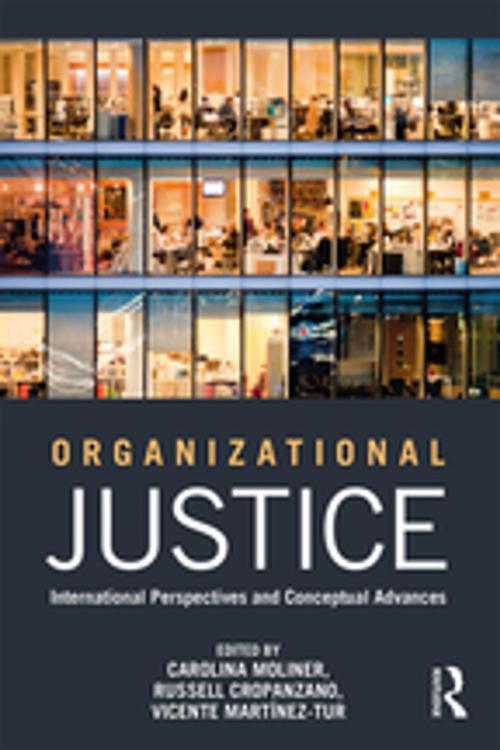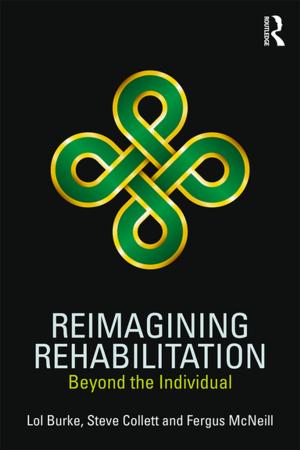Organizational Justice
International perspectives and conceptual advances
Nonfiction, Health & Well Being, Psychology, Occupational & Industrial Psychology| Author: | ISBN: | 9781317300274 | |
| Publisher: | Taylor and Francis | Publication: | March 13, 2017 |
| Imprint: | Routledge | Language: | English |
| Author: | |
| ISBN: | 9781317300274 |
| Publisher: | Taylor and Francis |
| Publication: | March 13, 2017 |
| Imprint: | Routledge |
| Language: | English |
Organizational justice – the perception of workplace fairness – can bring important benefits not only to the health and well-being of individual employees but also to the productivity of organizations themselves. This timely new collection, with contributions from leading researchers from around the world, considers organizational justice in an era when globalization has resulted in rapid organizational change, greater job insecurity, and increasing worker stress.
Both comprehensive and cutting edge, the book initially considers what we mean by organizational justice in its relationship to self-interest, social identity, and personal moral codes. But moving beyond the perceptions of individuals, the book also reflects the increasing interest in the roles of teammates and leaders in creating organizational justice. There follow chapters on the negative results of perceived injustice, specifically around physical and mental employee health, as well as its deleterious impact on organizational productivity.
Providing a definitive, state-of-the-art overview of the field, the book not only clarifies the key concepts and ideas that inform organizational justice but also explores their importance for today’s organizations, managers, and employees. Including a final section that both suggests new areas for research and critically reflects on the field itself, this will be essential reading for researchers and students across business and management, organizational studies, HRM, and organizational and work psychology.
Organizational justice – the perception of workplace fairness – can bring important benefits not only to the health and well-being of individual employees but also to the productivity of organizations themselves. This timely new collection, with contributions from leading researchers from around the world, considers organizational justice in an era when globalization has resulted in rapid organizational change, greater job insecurity, and increasing worker stress.
Both comprehensive and cutting edge, the book initially considers what we mean by organizational justice in its relationship to self-interest, social identity, and personal moral codes. But moving beyond the perceptions of individuals, the book also reflects the increasing interest in the roles of teammates and leaders in creating organizational justice. There follow chapters on the negative results of perceived injustice, specifically around physical and mental employee health, as well as its deleterious impact on organizational productivity.
Providing a definitive, state-of-the-art overview of the field, the book not only clarifies the key concepts and ideas that inform organizational justice but also explores their importance for today’s organizations, managers, and employees. Including a final section that both suggests new areas for research and critically reflects on the field itself, this will be essential reading for researchers and students across business and management, organizational studies, HRM, and organizational and work psychology.















